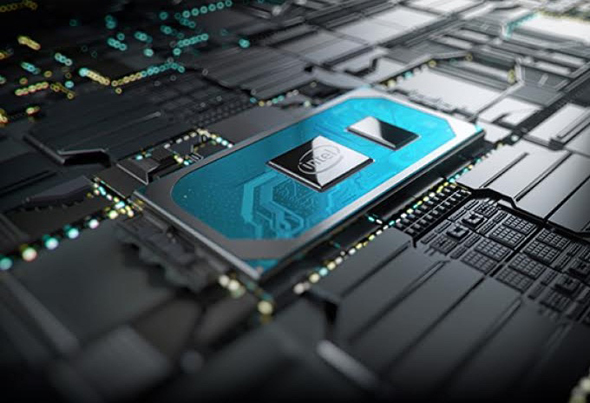
Another blow to Intel: Microsoft will design a line of ARM-based processors. According to a Bloomberg agency report last night (Friday), the use of processors is initially intended for servers, and especially the cloud servers of its Azure service. However, the company is also looking at another option to adapt the processors to its Surfs computers.
Read more in Calcalist:
The report is a severe blow to Intel, whose share fell last night in trading on Wall Street by more than 6%, and is already expected to suffer a similar blow from Apple, which announced this year that it will manufacture chips and processors for its Macs – a move that will help it disconnect from Intel products. Apple’s move does not hurt the chipmaker in terms of sales volume – the volume of its purchases is relatively small compared to other manufacturers – but the message conveyed is that Intel’s control of the computer and server market is over, or at least will not be back as it was. Now, as mentioned, Microsoft is joining it.
 Intel Photo: Intel spokeswoman
Intel Photo: Intel spokeswoman
Microsoft is one of the main users of Intel’s processors, and beyond the field of ARM processors may reverse the trend in the field. In cloud servers, too, the move may open the market to more companies seeking to reduce their dependence on Intel processors.
However, it is important to mention that Microsoft already has their ARM processors in their Serps products. These are SQ series processors, which have been around for two generations today, and they run its Surfs Pro X computers. In addition, Microsoft has begun collaborating with AMD to design a special version of Ryzen processors for the Surface laptops 3.
Moving to self-made processors on Microsoft’s cloud servers is no exception. Amazon, Google and Facebook have also been designing server chips (some of them ARM-based) for many years. However, the move to the ARM architecture is another recognition that these chips are currently able to replace X86 (Intel, AMD) processors in many of the usage scenarios.
Recent performance tests of Apple’s ARM-based laptops have shown that their computing power is equal to and even surpasses some Intel versions. And as a bonus their power consumption is lower compared to previous generations. If the ARM server line for servers makes a similar move, it will be very difficult to market Intel Xeon processors to server operators. Another threat comes from AMD, which has begun to erode Intel’s market share with its EPYC processors for servers.